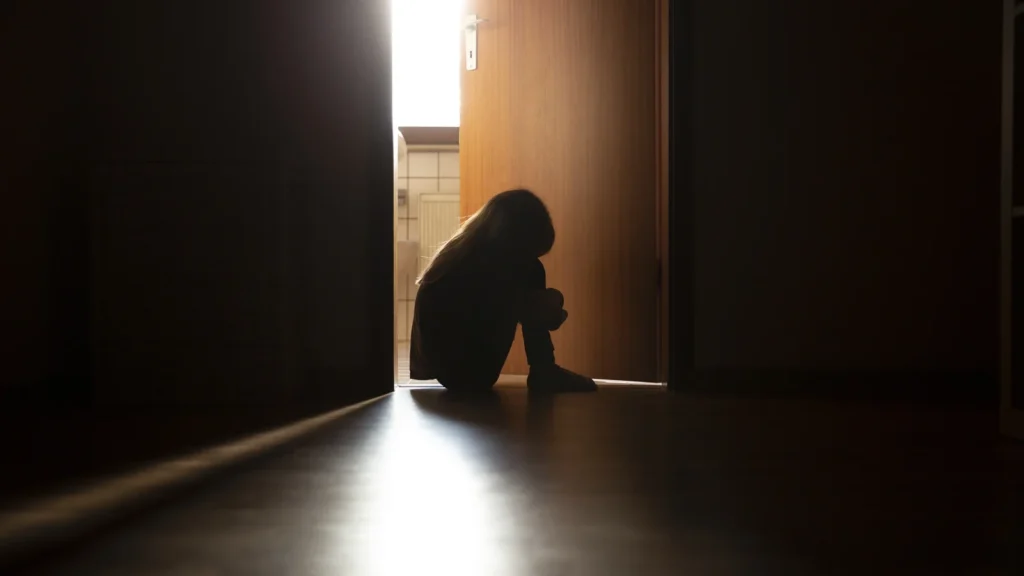The family of “Sarah,” a non-verbal, intellectually disabled woman who was allegedly sexually abused as a child at the same foster home at the centre of the Grace scandal, says they have been left “potentially financially vulnerable” after participating in the Farrelly Commission of Investigation.
The family claims the commission has agreed to cover “only a fraction” of the legal and related costs they incurred while engaging with the inquiry, which examined decades of alleged abuse and institutional failings.
The long-awaited Farrelly Commission report, published Tuesday, concluded there was no evidence that Grace — the central figure in the inquiry — suffered physical, sexual, or emotional abuse during her 20-year stay at the foster home. However, it did find that she endured severe neglect, particularly with regard to her dental hygiene and financial affairs. The commission strongly criticised the “general absence of oversight and monitoring” by the former South Eastern Health Board (SEHB) during her placement between 1989 and 2009.
Sarah, one of 47 children placed in the same facility, was among seven whose families raised serious concerns about their welfare. Though also non-verbal and profoundly intellectually disabled, Sarah was placed in the home during weekdays to attend a special school three hours from her family residence. Initially staying two nights a week in the 1980s, her stay eventually extended to five nights.
Speaking to The Irish Times in 2016, Sarah’s mother recalled how her child’s behaviour at home triggered alarm. “I said something very ordinary and innocent to her. Her expression changed immediately. She stood up, took off her pants and laid back in a sexual position. I was shocked. I knew immediately something was wrong,” she said.
Following this incident, the family removed Sarah from the foster home in the 1990s and reported their concerns to the SEHB. However, they received no response until 2007, when whistleblower and social worker Iain Smith contacted them during his investigation into Grace’s case.
Sarah’s mother and sister participated extensively in the Farrelly Commission hearings in 2017 and 2018, dedicating days to giving testimony and reviewing traumatic documentation. “It was traumatic and emotional reading,” the family said.
Last Friday, their solicitor informed them that cost reimbursements were capped under legal guidelines. “The rates allowed are insulting, to put it mildly,” the solicitor stated, adding that only the legal team’s decision to waive its own fees spared the family from severe debt. “We have been left potentially financially vulnerable. This commission cost €13.6 million. Where was that all spent?”
In response to the report, Minister for Children Norma Foley said the seven families who raised concerns, including Sarah’s, would be invited to participate in a forthcoming safeguarding review. Sarah’s family has not yet received an invitation but expressed openness to engage in the process to help prevent similar institutional failures in the future.
Minister Foley is expected to appoint a safeguarding expert to lead the review before the summer recess. The review will focus on failings in Grace’s care, potential systemic issues that persist today, and recommendations for reform.
The Department of Children, commenting on the matter, said decisions related to legal cost directions rest solely with the commission under Section 24 (1) of the Commissions of Investigation Act 2004.
Marjorie Farrelly SC, who chaired the commission, has been contacted for comment.



